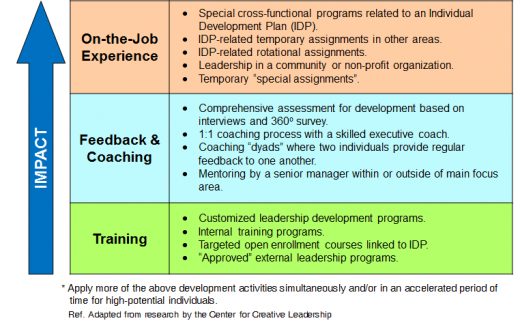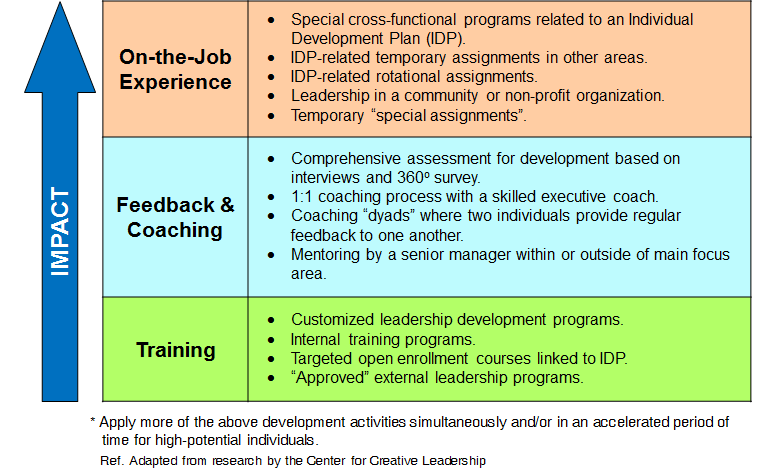4 Leadership Competencies That Build Trust
April 22, 2016
When employees feel high levels of trust, they feel a sense of calm happiness. They take pride in their work, they communicate openly and honestly, and to the extent they can, they think of themselves as stewards, running the business like they own it. A lack of trust breeds the opposite feeling. It causes people to draw inward, to not communicate openly, to feel resentful, and ultimately to do the bare minimum to get by.
Leaders and managers inspire trust via the competencies they display.
Consider the following:
Trust in vision
Employees trust that the company’s leaders have a grasp on trends in the marketplace and are positioning the company to capitalize on those trends, even if it means wrenching change in the current business. This is the kind of trust that prevailed at Apple when Steve Jobs was CEO.

Trust in operations
Employees trust that leaders are effective in managing the business and keeping it well organized. They see the company is achieving its business goals and objectives, that people and teams mesh together well, and that people understand what’s expected of them. This is the kind of trust that prevails at Southwest Airlines.

Trust in communication
Employees trust that they’re being kept abreast of important news about goals, programs, policies and people. People trust their leaders are informing them right away about new hires, or people leaving, or people being promoted. In general, there are no surprises because management communicates effectively.

Trust in professional development
Employees trust that their own professional development is being tended to, that their bosses are taking time to mentor them, to give them honest feedback about what they’re doing well and to identify specific areas of improvement. Employees are encouraged to take advantage of training opportunities and rewarded when they do so.

A lack of any of these four competencies affects how people feel about the company.
When trust in vision is lacking
Employees feel nervous about the business’s long-term future. They question whether management understands what’s happening or is responding appropriately. The more talented people will begin to leave. In the worst circumstances, there is a stampede for the door.
When trust in operations is lacking
Employees feel frustrated by the time and energy they waste. They lose energy to suggest improvements and resign themselves to the status quo. In the worst cases, employees ridicule management while managers harangue them to improve.
When trust in communications is lacking
Employees rely on informal channels to learn what’s going on. Gossip prevails. People feel less willing to contribute or communicate proactively. Over time, employees become suspicious about what management is trying to hide and – in the worst cases – openly defy management.
When trust in professional development is lacking
Employees feel less loyal to their managers. They feel less inclined to work hard or sacrifice their personal time for training. Morale declines. In the worst cases, employees no longer feel committed to high standards of performance.
A lack of trust in any of these four dimensions will cause the company’s performance to erode. The solution is to give the CEO and other senior leaders the executive coaching they need to display these competencies and get other managers to follow their lead – and by doing so restore trust.
Business & Finance Articles on Business 2 Community
(165)















